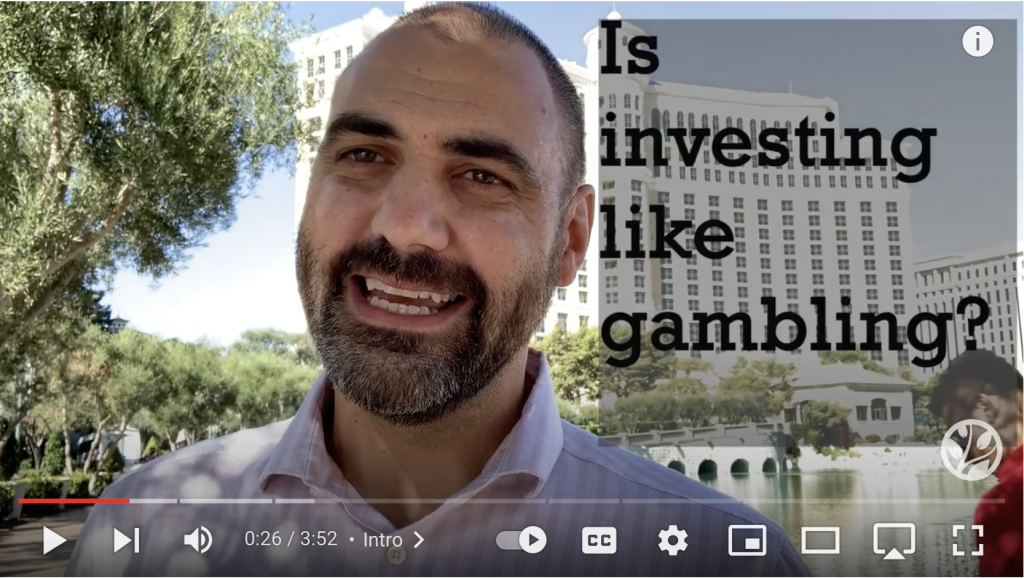Seven Investor Psychology Traps to Avoid

Seven Investor Psychology Traps to Avoid
Source: Kiplinger
The Big Takeaway: We are our own worst enemy when it comes to investing. Don’t let your emotions trick you into making poor decisions.
The Details
Investing can often feel illogical. We want to hang on and ride the wave when things are going well. When the market turns down, we want to get out and cut our losses. But, if we’re going to “buy low and sell high,” like the investor’s motto states, we should be doing the opposite of what our brains tell us. So it’s all about conquering the “fear versus greed” impulse.
This article from Kiplinger reviews several traps investors should avoid to help them stop sabotaging their portfolios:
- Fear of Missing Out – Buying (or selling) just “because everyone’s doing it” can often lead to investing disaster. Think of fads like GameStop or AMC. Be sure to consult your investment strategy, especially when feeling the pull to jump on a bandwagon.
- Overconfidence – Even experts are prone to being overly optimistic about their abilities to “pick” winners. Performing research and due diligence are always critical when making investment decisions, no matter how good you are (or think you are).
- Living in an Echo Chamber – Searching for information that only reinforces your views doesn’t provide you enough perspective to make solid investment decisions. Instead, seek information that contradicts your ideas to get a well-rounded perspective before investing.
- Loss Aversion – Your brain dislikes losses more than it likes gains. When you see the market going down, the impulse to sell and limit your losses is strong. Consult your advisor or your investment strategy. Avoid letting a few losses influence you into not-so-great short-term decisions.
- Lack of Patience – Everyone wants instant gratification, but investing is often a long game. Don’t fall into the action bias and start trading too often for faster results. You may encounter more trading fees and commissions, which can limit your gains. Don’t trade for the sake of action. It’s okay to wait and be patient. You can check your investing mindset with this quick quiz.
- Gambler’s Fallacy – Just because something hasn’t happened for a while doesn’t mean it’s more likely to happen soon. So when stocks go up, don’t just assume they’re going to go down. Rely on analysis and your plan, not your feelings.
- Recency Bias – If a stock is doing well, there’s no guarantee it will continue to perform. “Past performance is no guarantee of future results.” Create a balanced portfolio and rebalance it according to a set schedule. Even if a stock is steadily climbing, it may be a good idea to sell a few appreciated shares, just in case.
Even though there is a risk involved in investing in the stock market, there is also a risk of having all your money in cash in the bank, as inflation causes your money to lose value.
The way to build wealth in the stock market is to build a portfolio consistent with the level of risk you are willing to stomach. Hiring a financial advisor can help you determine how much risk you are able to take given your age, your risk tolerance, your investment timeline, and your purpose for the money you are wanting to invest. You should not feel like you are ”gambling” with your money when you invest in the stock market.
If you have an investment portfolio and would like me to review it, email me at erik@plan-wisely.com or schedule some time on my calendar. I’d love to talk to you.

